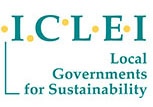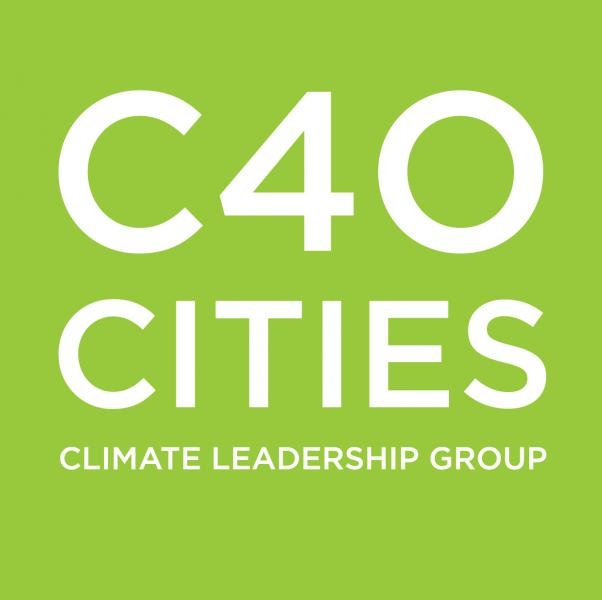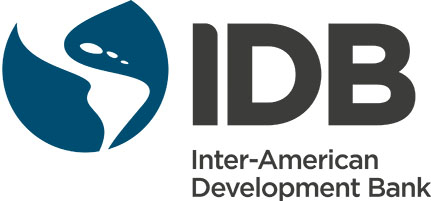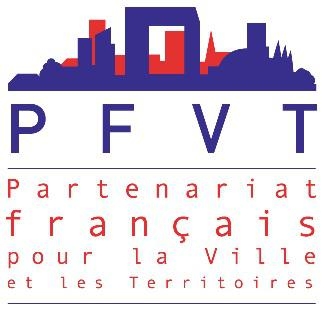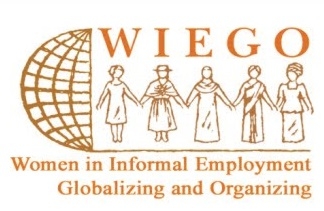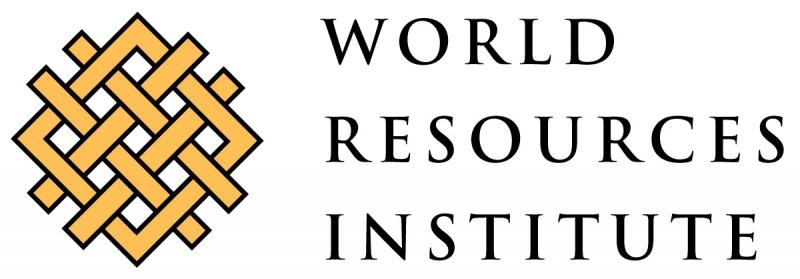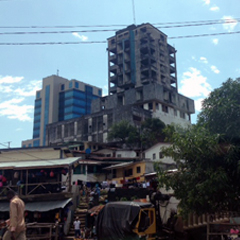- Who We Are
- How We Work
- Regional / Country Initiatives
- Legacy
- Core Themes
- Working Groups
- Portfolio & Results
- Newsroom
- Resources
Joint Work Programme on Resilient Cities
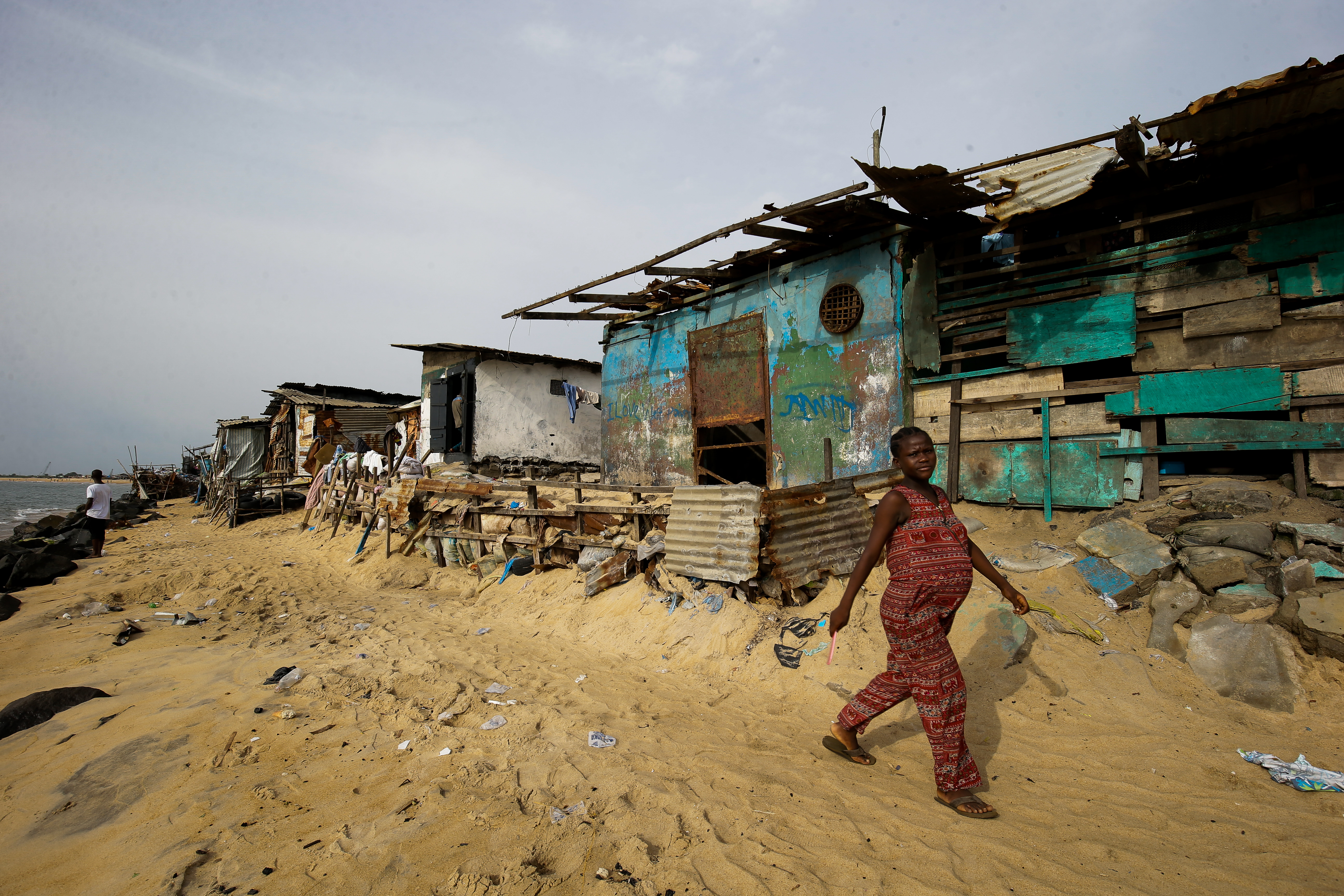
Home | Documents | Projects | Multimedia/News
Making Cities More Resilient
Building on its previous successful work delivered by the Joint Work Programme on Cities and Climate Change, the Management Board of Cities Alliance decided to include resilience as a thematic area in its Medium-Term Strategy for 2014-2017.
The Cities Alliance Joint Work Programme on Resilient Cities, funded by a contribution of Switzerland, was officially launched at COP 21 – the 21st Session of the Conference of the Parties to the UN Framework Convention on Climate Change - which was held in Paris from 30 November to 11 December 2015. At the launch event, the JWP and its members presented an action-oriented commitment on strengthening climate resilience in informal settlements through a partnership-driven and collaborative approach aimed at bringing coherence of effort, develop and sharing knowledge and influence the global agenda around the issue. The programme content is explained in brief in a brochure.
The creation of the new JWP on Resilient Cities came at a critical juncture, as nations began to prepare for the implementation of new global agreements. The Sendai Framework for Disaster Risk Reduction, the Sustainable Development Goals (SDGs), the Paris Agreement on Climate Change and the New Urban Agenda all highlight the need to engage local governments and urban residents in the co-production and localized implementation of solutions to global problems.
The JWP on Resilient Cities brought Cities Alliance members and partners together to promote resilient, resource-efficient urban planning. Member organisations typically worked on resilience from one particular angle – such as the environment, slum upgrading or urban poverty reduction – now joined forces and knowledge to adopt a more comprehensive approach for stronger results.
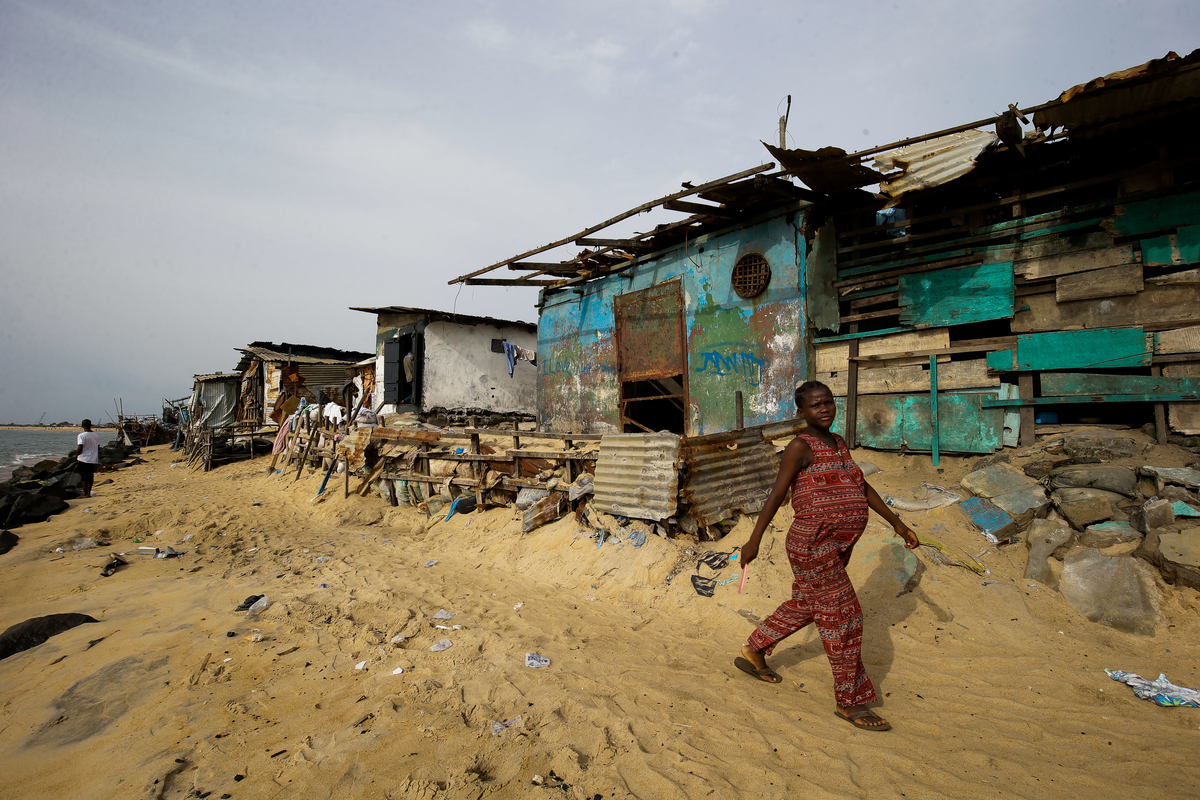
Focus Areas for the JWP
1. Integrated city resilience knowledge products and resources that facilitate the flow of knowledge and resources at the global level to help cities become more resilient to disruptions related to climate change, disasters, and other systemic shocks and stresses – including the socio-economic challenges associated with rapid urbanisation. An expanded Cities Alliance partnership grew the knowledge base, fostered a greater understanding of how to build resilience, and promoted coherence and coordination for ensuring resilience of all urban settlements at a global level.
2. Leveraging international standard products for developing cities to promote city-level resilience. Specific implementation activities included: developing information products and resources that leverage member and partner knowledge for citywide resilience planning; developing urban energy management plans; and conducting vulnerability assessments.
Way forward
The Cities Alliance Strategic Plan for 2018-2021 has maintained resilience as one of the four core thematic areas of the Cities Alliance. Consequently, a new global programme, focussing on Resilience and Climate Change in Cities is designed for 2020.
Members of the JWP

